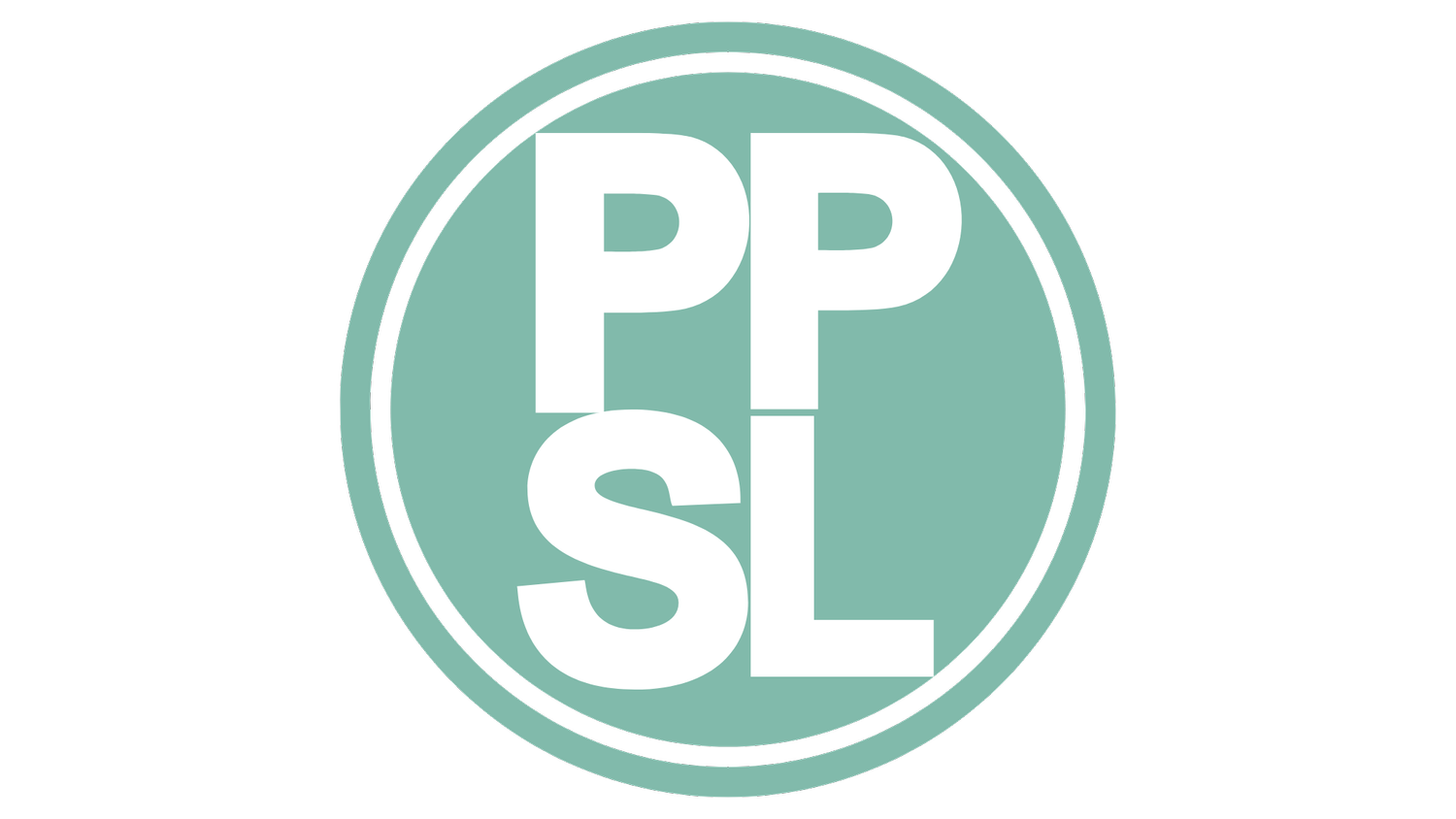Statement on the COVID-19 Economic Stimulus Package and Student Loan Relief | Press Release
BOSTON - The Senate COVID-19 stimulus bill includes measures intended to ease the burden of student loan debt for borrowers who are suffering during this economic crisis, but doesn’t go far enough, and will fail to help many former for-profit college students struggling with bogus debt. Borrowers with “federally held student loans” will have their payments suspended and interest rates set to zero until September 30, and this time will not set back borrowers who have been paying toward public service and teacher loan forgiveness, income-driven repayment, or rehabilitation of defaulted loans. However, over a million borrowers with older federal loans will not be included. The bill also suspends the Department’s aggressive collection methods of wage garnishment and tax refund offset for borrowers whose loans are in default, and will refund amounts already taken back to March 13. This means borrowers who filed their taxes early, and had their tax refunds taken before March 13, will be denied this benefit. This provision, too, only applies to borrowers with “federally held student loans.” The Project on Predatory Student Lending urges Congress and the Department of Education to make sure that all federal student loan borrowers are included in its actions. There is no reason to exclude over a million borrowers who do not choose their type of federal student loan and typically don’t know who holds their federal student loan.Moreover, Congress should increase accountability around these measures, given the Department of Education’s poor track record of following through on its own policies and direct court orders. In the Project’s case Calvillo Manriquez v. DeVos, the Department was ordered to stop collections of certain Corinthian Colleges borrowers, yet violated the injunction more than 45,000 times, resulting in Education Secretary Betsy DeVos being held in contempt. Nearly a year after the injunction, the Department has still been unable to stop about 50 cases of wage garnishment, arguing that it is powerless to control the employers who are effectuating the garnishment. Statement from Toby Merrill, Director of the Project on Predatory Student Lending " Congress and the Department of Education must ensure that all federal student loan borrowers are able to get the relief offered to some borrowers by this stimulus package. There is no reason to exclude people who filed taxes early from receiving a refund of their tax returns, nor to exclude over a million borrowers who do not choose their type of federal student loan and typically don’t know who holds their federal student loan, and are usually unaware of the holder of their loan. “Even in the best of times, student debt collection methods like taking people’s earned income tax credits to pay student loans is inhumane, and we’re glad to see it stop during this crisis. It should become a permanent policy moving forward that the government will not take your wages or tax refunds to pay for federal debt that it created. This is especially true for borrowers who have been cheated by for-profit colleges, whose debt is unenforceable. “We also urge Congress to immediately cancel the invalid loans of borrowers who attended for-profit colleges, particularly the nearly 170,000 still waiting for a decision on their borrower defense claims, and those who attended Corinthian Colleges – a company whose fraud the Department has acknowledged. Students targeted by for-profit schools are the same people who will suffer the most during and after this economic crisis. Many are hourly workers, without paid sick time, or are already living paycheck to paycheck trying to make ends meet. They were drowning in bogus debt before this pandemic and economic freefall. In this moment of heightened economic uncertainty, it is the Department’s obligation to alleviate the burden of fraudulent student loan debt.” ----Established in 2012, the Project on Predatory Student Lending is the first legal services practice in the country focused solely on representing former students of for-profit colleges. Its mission is to litigate to make it legally and financially impossible for the predatory for-profit college industry to cheat students, and to relieve borrowers from fraudulent student loan debt.The Project has brought a wide variety of cases on behalf of former students of for-profit colleges. It has sued the federal Department of Education for its failures to meet its legal obligation to police this industry and stop the perpetration and collection of fraudulent student loan debt. It has also brought its clients’ experiences to bear on federal and state policymaking.
###
